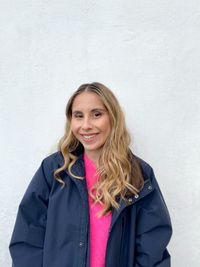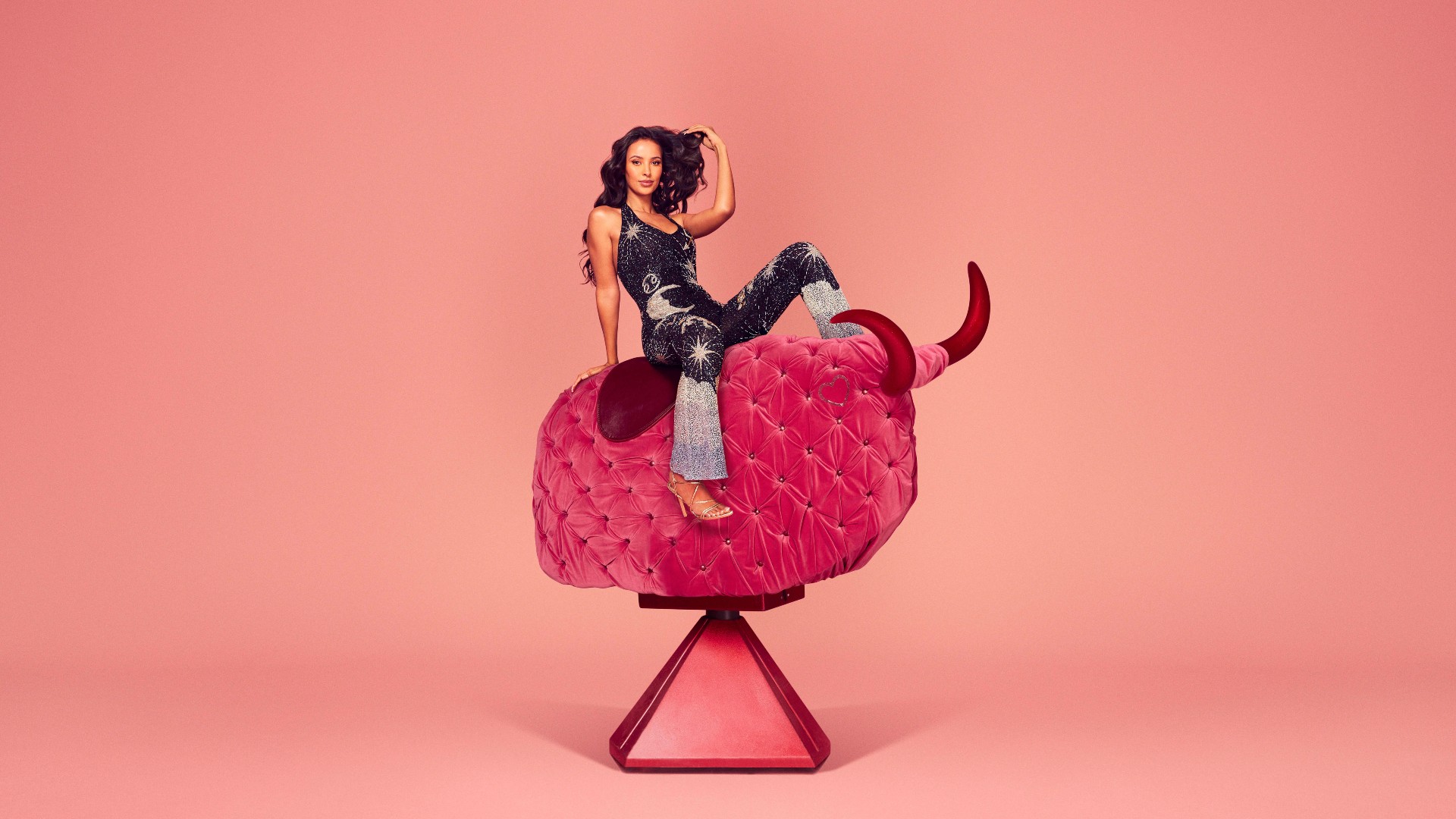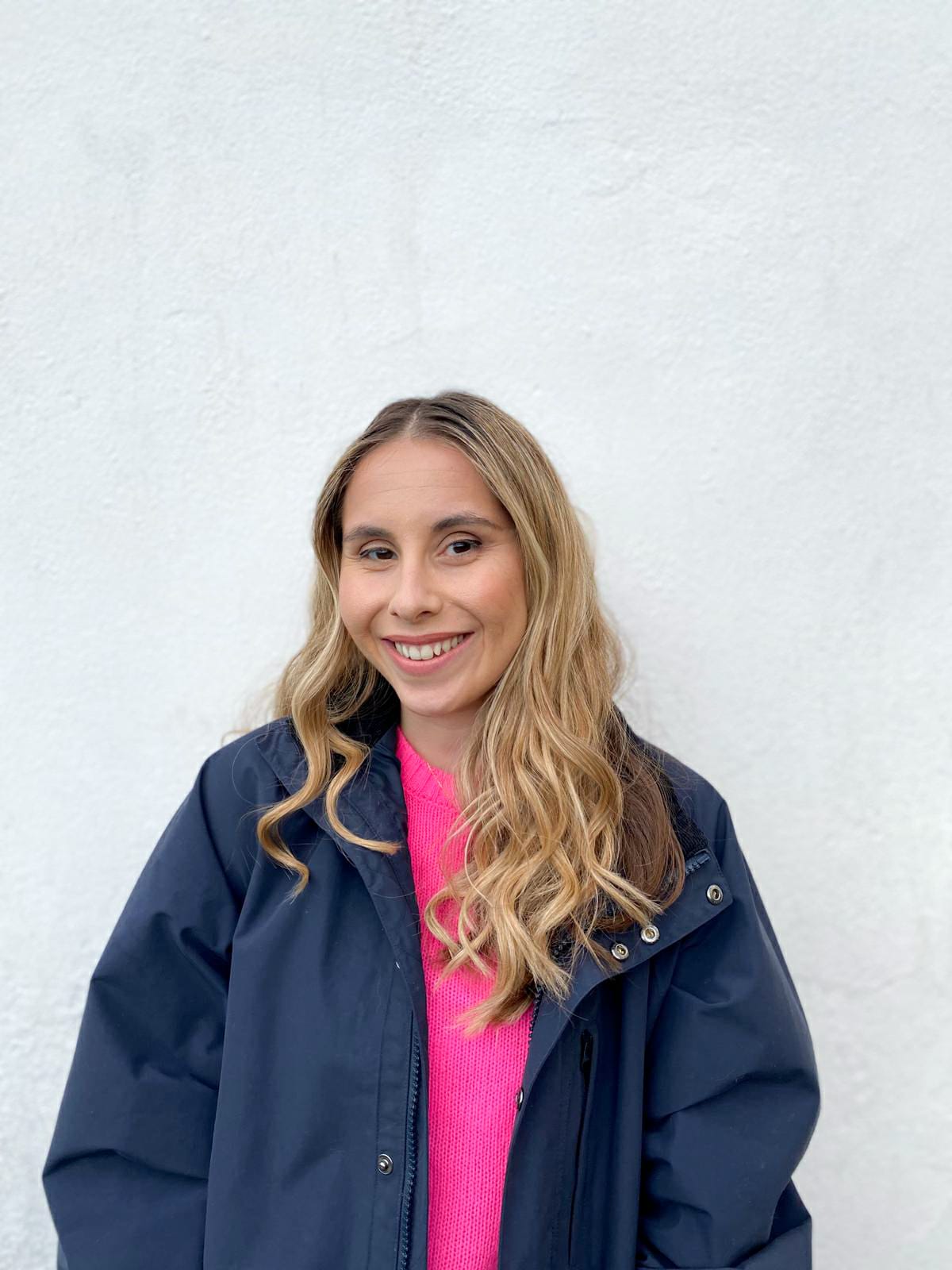Love Island has taken big steps to protect participants' mental health for the new series
A step forward?


Celebrity news, beauty, fashion advice, and fascinating features, delivered straight to your inbox!
You are now subscribed
Your newsletter sign-up was successful
Love Island is set to return to ITV this winter, with presenter Maya Jama taking over from Laura Whitmore.
Trigger warning: discusses themes of suicide
While the reality show continues to draw in huge numbers of viewers each season, many commentators have expressed concerns over the consequences of appearing on the programme for contestants' mental health.
Devastatingly, two former contestants — Sophie Gradon and Mike Thalassitis — and one former presenter of the show — Caroline Flack — have died by suicide since 2018. (Read our guide to how to help someone who is suicidal, here).
These tragic deaths have prompted crucial conversations around producers' duty of care towards participants, and how they can better support everyone involved before, during, and after filming.
Love Island had previously announced further duty of care policies in 2019, but they have revised them ahead of the upcoming series in order to provide more adequate support.
There are two major changes to be aware of. Firstly, contestants will be asked to pause all social media activity for the duration of the show (formerly, a friend or family member would post content for them while they were in the villa).
Celebrity news, beauty, fashion advice, and fascinating features, delivered straight to your inbox!
Secondly, "Islanders will also receive guidance and training around mutually respectful behaviour in relationships," according to a press release. This comes after a number of former contestants have been accused of manipulative or coercive behaviour during their time on the show. Organisations such as Women's Aid have even issued statements condemning certain scenes.
A post shared by Women's Aid (@womens_aid)
A photo posted by on
"The Duty of Care arrangements for Love Island continue to evolve in the light of advances in scientific knowledge and awareness of the pressures young people face in establishing healthy relationships," said Dr. Paul Litchfield, who consults on ITV's welfare policies.
"That culture of continuous improvement ensures that Islanders are well placed to benefit from their experience of participating in one of the UK’s most popular TV shows."
Dr. Matthew Gould, who also reviews ITV's policies said: "The enhanced safeguards introduced for Love Island 2023 demonstrate ITV’s commitment to evolve Duty of Care protocols to minimise harm, where possible.
"The bold decision to pause Islanders’ social media activity during the new series is testament to ITV’s serious intent, especially as this input provides both a benefit to the appeal of the programme and a potential source of mental health problems.
"Balancing this 'tight-rope' requires both the identification of which safeguards have the greatest positive impact on participants' wellbeing and the professional partnership, put in place by ITV, especially between producers and their welfare teams, and most importantly, the contributors themselves."
The duty of care process for series 9 includes:
- Registered mental health professional engaged throughout the whole series - from pre-filming to aftercare.
- Thorough pre-filming psychological and medical assessments including assessments by an independent doctor, psychological consultant and reports from each Islander’s own GP to check medical history.
- Potential Islanders are required to fully disclose in confidence any medical history that would be relevant to their inclusion in the Villa and the production’s ability to provide a suitable environment for them.
- Managing cast expectations: detailed explanations both verbally and in writing of the implications, both positive and negative, of taking part in the series are given to potential cast members throughout the casting process and reinforced within the contract so it is clear.
- Cast are told they should consider all the potential implications of taking part in the show and work through this decision-making process in consultation with their family and those closest to them, to ensure they feel it is right for them.
- Senior Team on the ground have received training in Mental Health First Aid.
- A welfare team solely dedicated to the Islanders both during the show and after.
Aftercare
- Bespoke training on dealing with social media and advice on finance and adjusting to life back home.
- A minimum of eight therapy sessions will be offered to each Islander when they return home.
- Proactive contact with Islanders for a period of 14 months after the series in which they have appeared has ended, with additional help provided where applicable.
- We encourage Islanders to secure management to represent them after the show and manage them should they choose to take part in other TV shows, advertising campaigns or other public appearance opportunities.
Kudos to the show's producers for taking the steps towards protecting their contestants mental health.

Iris Goldsztajn is a freelance news writer for Marie Claire UK. She covers celebrity and royal news, and has previously written for titles including Marie Claire US, InStlyle, Women's Health, Bustle, Stylist and Red.
Aside from her quasi-personal investment in celebs' comings and goings, she is especially interested in debunking diet culture and de-stigmatising mental health struggles.